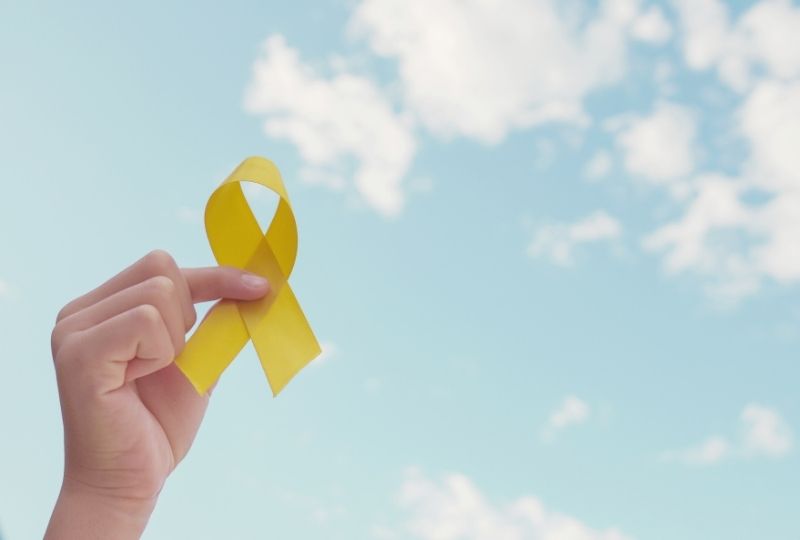On 10 September each year organisations across the globe, including the Samaritans in the UK, come together on World Suicide Prevention Day. Their aim is to raise awareness of how we can create a world where fewer people die by suicide.
When it comes to people living with brain injury, a Danish study carried out in 2018 found that individuals who have suffered a brain injuries see their risk of suicide increase from 1 in 200 to 1 in 100.
Taking the medical records of over seven million traumatic brain injury survivors over 34 years, researchers found that survivors of even mild brain injuries were 81% more likely to die by suicide than people with no history of brain injury.
Researchers found that this risk is higher in the first six months and reduces over time. The study also showed a link between the complexity and severity of the brain injury and suicide risk, with those with severe brain injuries more at risk.
Why does the risk of suicide increase with brain injury?
Following a brain injury people can see their lives turned upside down, resulting in long stays in hospital or rehabilitation, disruption to family life, financial issues, relationship breakdowns and other changes to their circumstances. People may be unable to work, socialise or live their life as they did before their injury. In addition to factors affecting environment, people may also experience changes to their personality and behaviour and psychological issues such as anxiety and depression.
What can be done to reduce the risk of suicide in people with brain injury?
When it comes to providing support following a brain injury, individuals and their families should be supported with neurological rehabilitation. This should include the support and expertise from a multi-disciplinary team, including specialist neuropsychologists and neuropsychiatrists.
Suicide is a major preventable cause of premature death and between 6000 and 7000 people each year dying by suicide in the UK. Find out more about World Suicide Prevention Day on the Samaritans website.

